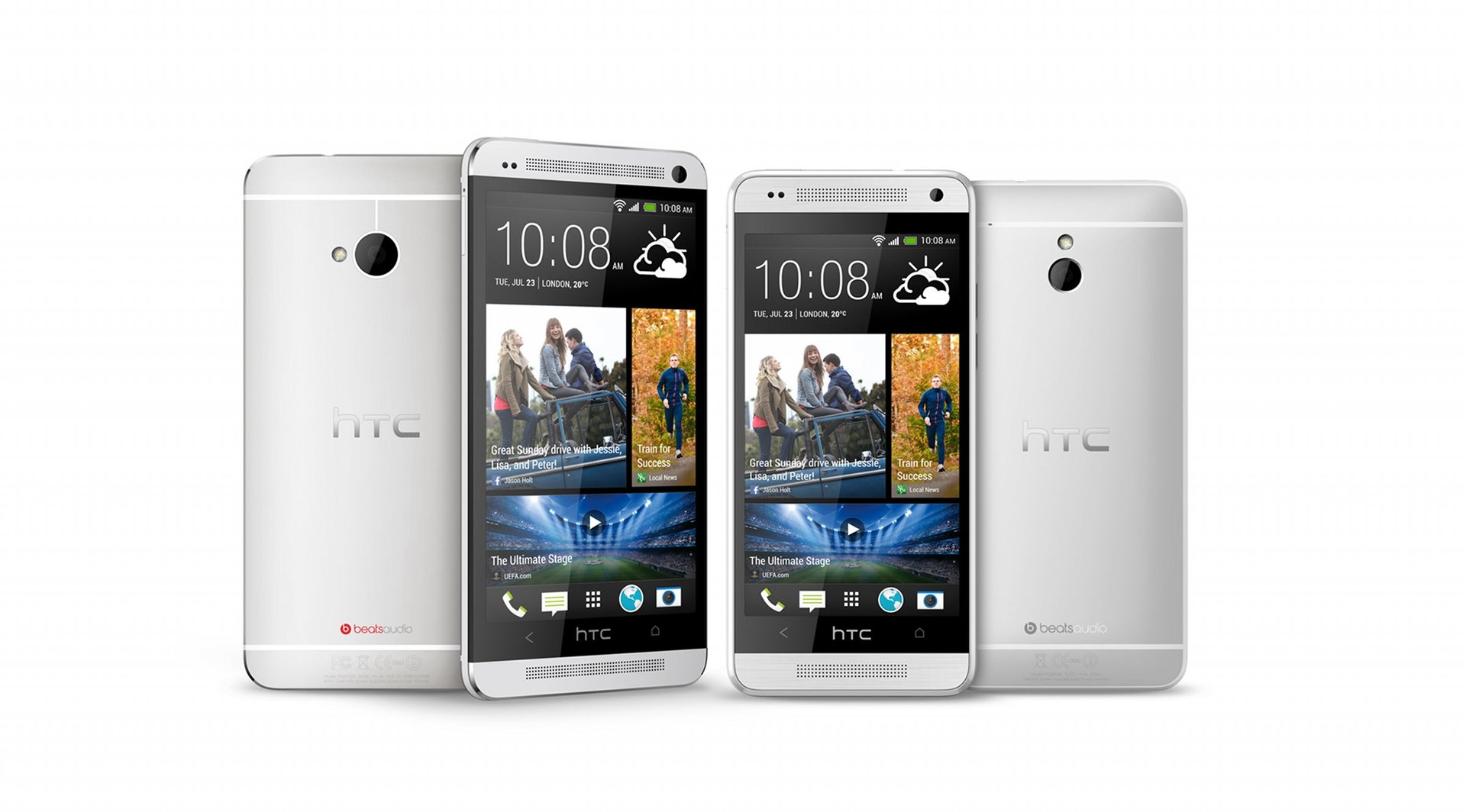Mini versions of your favorite smartphone won’t be that cheap, but they’ll still sell
HTC introduced the One Mini today, making them the latest smartphone producer to announce a low-cost model. The device, which The Verge reports will be “two price points below the HTC One” while delivering “exactly the same experience,” joins a cohort that includes Samsung’s Galaxy S4 Mini and the long-rumored cheaper iPhone model, which some think will appear in Apple’s lineup this fall.


HTC introduced the One Mini today, making them the latest smartphone producer to announce a low-cost model. The device, which The Verge reports will be “two price points below the HTC One” while delivering “exactly the same experience,” joins a cohort that includes Samsung’s Galaxy S4 Mini and the long-rumored cheaper iPhone model, which some think will appear in Apple’s lineup this fall.
HTC seems to have delivered on its promise not to sacrifice too much in making the phone cheaper: “Mini” is a relative term, with the new device touting a 4.3 inch screen versus the original’s 4.7 inches—still a bit larger than the iPhone 5’s 4-inch display. It sports a slightly smaller battery and speakers, less memory, and a slower processing core. Most notably, the body combines HTC One’s aluminum with cheaper polycarbonate. Still, most reviewers say the differences in performance are no big deal. The thing is, these phones aren’t really low-cost at all: The HTC One Mini is currently listed on UK sites for £379.95 GBP ($577.49 USD) without a contract—only about £100 less than the £489.95 GBP HTC One is listed for. And it costs significantly more than the HTC Desire X, which was released about a year ago.
Will buyers really go for a phone that’s not much cheaper and just not quite as good as the flagships they imitate, especially when last year’s headliners cost even less? Probably, the Wall Street Journal reports: “The One Mini is targeting a different market segment: people who maybe like the HTC brand but aren’t willing to spend a lot of money on the One,” Barclays analyst Dale Gai told the Wall Street Journal.
The new phones will hitch a free ride on flagship advertising by sharing a name with their high-end siblings. So even if sales are low—and they should be, since there are much cheaper phones on the market for those who can’t actually afford HTC Ones and iPhones—profits aren’t likely to suffer. “The ‘mini’ market is extremely marketing-driven,” Gai said, “because customers who care a lot about the specs will get a high-end phone.” Meanwhile, those who care about brand name (and would rather upgrade more often than stick with an old phone) will flock to the Minis of the world. These “aspirational” products, AllThingsD reports, are designed to draw “typically budget-conscious consumers into a higher price range.”
A slowdown in upgrades for high-end smartphones like the iPhone has been blamed on market saturation, as most users don’t feel compelled to shell out for the new features offered in upgrades. For smartphone consumers who are deterred from the more expensive upgrades offered for their high-end phones, Mini models could offer a cheaper enticement to keep upgrading. If that happens, mid-level smartphone devices with cheaper bodies would make a lot of sense. After all, do we need our phone bodies to last for more than a year if we’re going to upgrade them every six months? And according to reviewers, the HTC One Mini has another advantage over the company’s flagship phone: Unlike the original, it’s small hand-friendly.